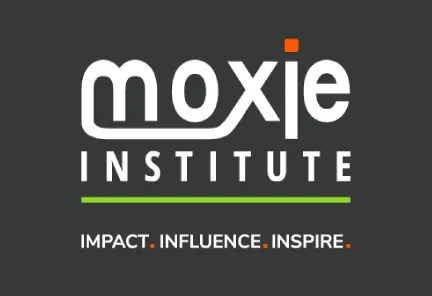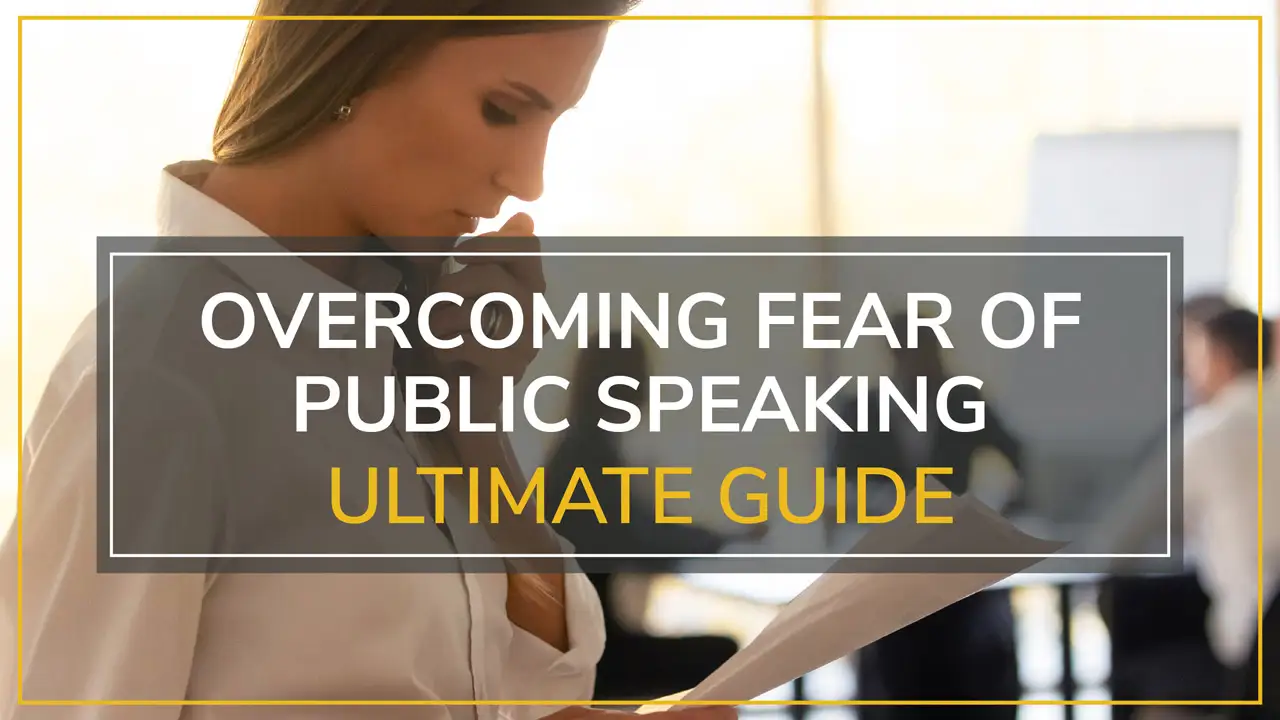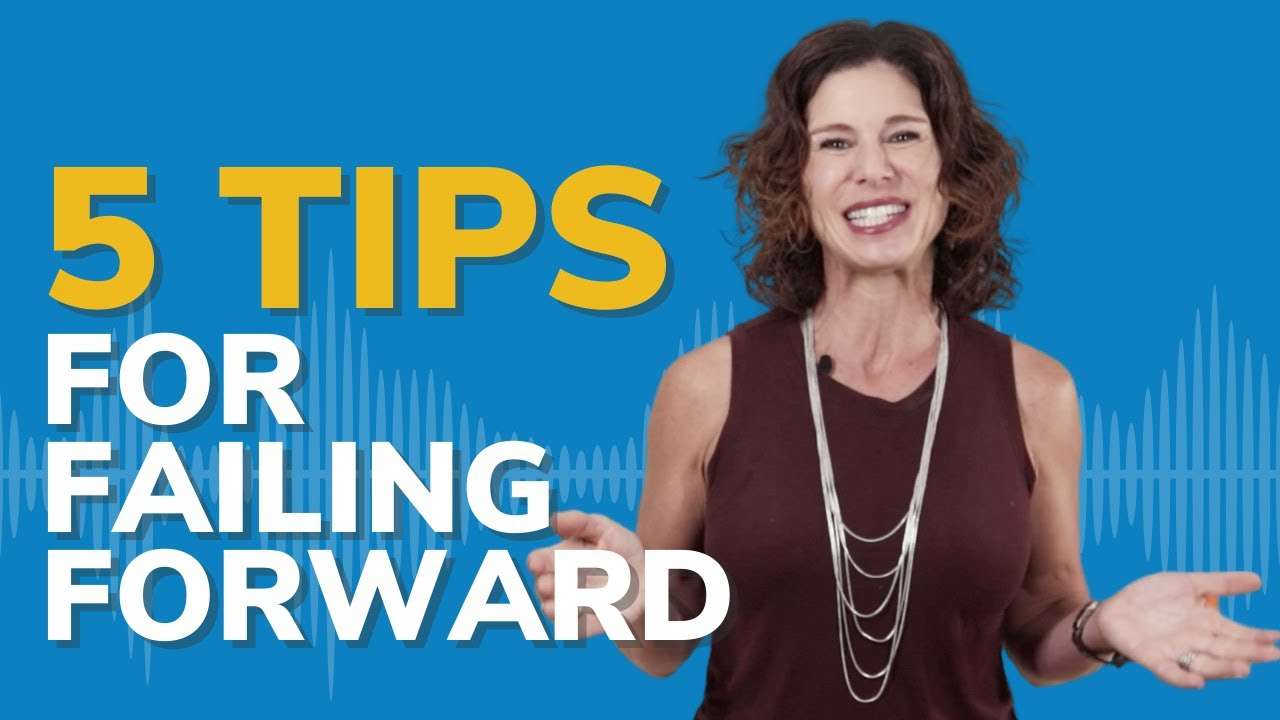Industry leaders, great speakers, influencers–some people just do things differently, whether it’s innovating, plan or breathe.
No, seriously–I literally mean breathe.
You would think that everyone knows how to breathe, right? Or, at least, everyone thinks they do. But, in reality, most people are taking shallow breaths instead of using their diaphragms.
Diaphragmatic breathing is a calming, centering and empowering tool for speakers. People always say “take a deep breath,” but when you do it correctly, you can instantly lower your heart rate, bring back your prefrontal cortex and stay in the present moment, fostering a connection with your audience. It is the power tool behind a powerful presentation–because it works wonders.
So, what exactly is so wonderful about breathing, anyway? As long as you’re getting air, you should be okay, shouldn’t you?
No!
Learning to breathe properly has major physical benefits, but it has mental benefits as well. Why would you pass up ways to boost your body and mind? After convincing you why you should be more conscious of this unconscious act, I’ll show you how to go about it.
Don’t worry–with some practice–it’ll be as natural as breathing.
GIVE YOUR VOICE VELOCITY
Certain qualities come to mind when we think of an influential and successful speaker: gravitas, authority, credibility.
But when you picture the speaker who has these characteristics in your mind, when she opens her mouth to speak, do you hear an airy and quivering voice? Does her voice fade away at the end of each sentence? If you answered ‘yes’ to any of these questions, you may need to rethink your definition of ‘successful‘ and ‘influential.’
Margaret Thatcher practiced talking at a slightly lower pitch to improve the way her voice sounded and the amount of authority it seemed to exude. How was she able to do this? Practice, practice, practice and breath support.
MEDIATE YOUR MINDSET
Breathing has many physical benefits, some more obvious than others, i.e., keeping you alive. But one physical benefit translates into a mental benefit: oxygenation.
Breathing properly brings in enough oxygen for your blood to bring it to the entirety of your body: your limbs, your lungs, your legs. But that also means the control center, the most important organ in your body–your brain.
When your brain gets enough oxygen, it is able to combat those jitters you feel before speaking. The stress response known as fight-or-flight constricts the blood flow to your brain and causes you to freeze-up like a deer in the headlights. Deep breathing activates your parasympathetic reaction, letting you get out from in front of that car and continue frolicking, I mean, speaking.
ACTIVATE THOSE BENEFITS
Okay, now that you understand the importance of proper breathing, how exactly do you do that? Mentioned earlier, diaphragmatic breathing is the way to give yourself the support you need. And what does that entail?
The diaphragm is a muscle, and just like any other muscle in your body, it can be strengthened. To beef it up, use the ‘low and slow’ method. Pretend you have a balloon in your belly. Breathe in deeply to inflate the balloon, pulling the air down into your navel. Don’t rush–take it in slow, you don’t want that balloon to fill up too quickly, after all.
Once your diaphragm is full of breath, exhale slowly and completely. With enough conscious practice, you’ll be unconsciously working that muscle into tip-top shape. And don’t we all wish we could set up automatic work-outs for other muscles in our bodies?
“I’m drawing in breath to expand my balloon until it is full.”
Here’s a quick breathing exercise to start you on the road to consistent diaphragmatic breathing or “low abdominal breathing.” Imagine the balloon below your navel again. This time, you should pair mindfulness with the act of breathing in deeply to fill the balloon. Think to yourself, “I’m drawing in breath to expand my balloon until it is full.” Do the same thought process while exhaling. Focusing solely on your breath will ground you, ensuring you are fully present and aware of your mind-body interaction and connection.
Changing the way you’ve breathe after doing it one way for so long may seem daunting, but it isn’t hard to do. Plus, the benefits outweigh any reservations you may have. Take a few minutes out of your day and just remind yourself to breathe–you’ll thank yourself later.









